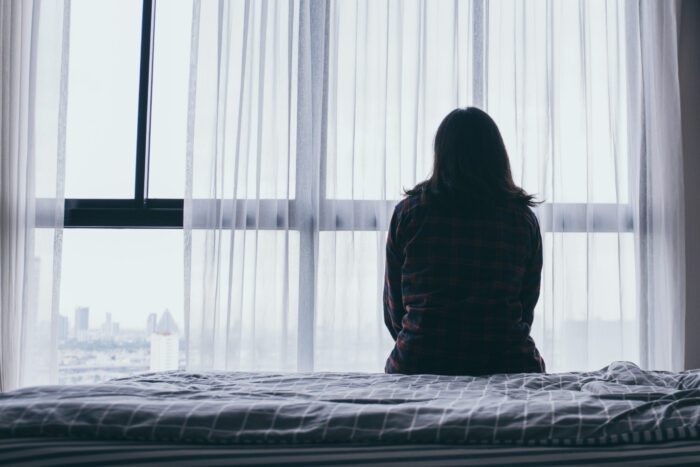McAlister Family Law Services
McAlister Family Law is Beyond Law Group’s specialist Child and Family Law practice. Led by Managing Partner, Amanda McAlister, the team has years of experience and every member of our award-winning team is a genuine specialist in family and child law. Our approach is not to simply listen to you but to hear and understand exactly what you want to achieve. By understanding your goals, we will put together a comprehensive plan to ensure that we can deliver the result that you are wanting to achieve.
All of our lawyers have unrivalled experience in both building and implementing a strategic action plan which will move your case forward to a positive conclusion. Part of that plan will be to consider a range of funding options to ensure that our clients can manage their budget from the outset.
Through our values we strive for excellence in all that we do. This includes not only our cutting-edge approach to family law but the responsibility that we have as an employer and to our community. Choosing the right lawyer not only for your case but for you as an individual is absolutely paramount. Whether you are looking for a children specialist or a lawyer experienced in business assets, McAlister Family Law will have the right lawyer for you.
McAlister Family Law comprises of four specialist teams who are dedicated to delivering the best client service possible. Our Divorce and Finance team has a reputation for excellence and our Children Law team boasts some of the country’s leading experts.







